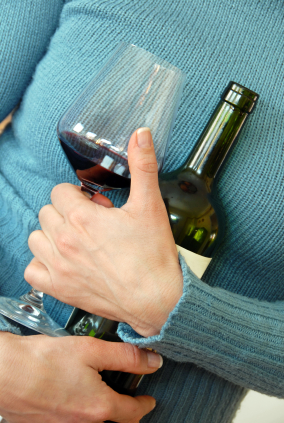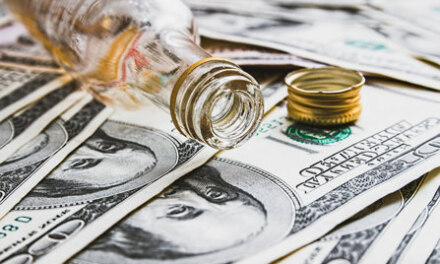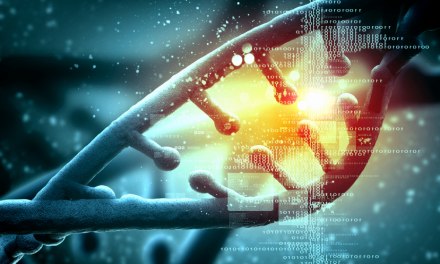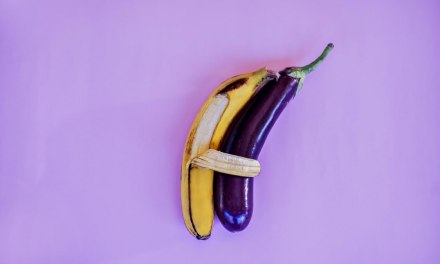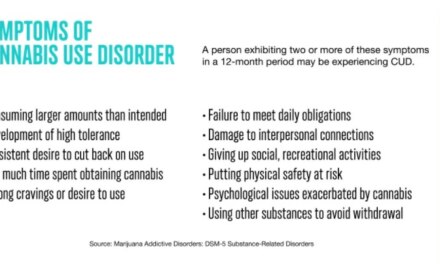What follows is a young woman’s account of her “love affair” with booze, in the context of romantic relationships. She’s about to have her first novel published– Acts of Desperation, it’s called– so it’s no surprise she has a talent for graceful prose and insightful observation. I bring it up here because the topic is one familiar to those of us in the treatment field: the drinker’s quest to make up her mind, once and for all, whether or not she is alcoholic.
‘Which came first, the booze or the boys?’: untangling a love affair with alcohol
By the way, she’s firmly against the use of that term, like so many others have been. I remember reading that when E.M. Jellinek published his landmark book on the disease concept (1960), he deliberately chose ‘alcoholism’ because he thought ‘alcohol addiction’ was already stigmatized. Maybe he didn’t expect the stigma to transfer so quickly to the newer term. But people don’t abandon their prejudice simply because we’ve renamed something.
Accordingly, she sets out to relate her personal history of drinking without once using the term alcoholic. It couldn’t have been easy, as her use of alcohol seems to have been a source of concern almost since she first began drinking. It’s tightly wound with romance, but also with a sense of shame. Reminds me of the older woman who asserted in group therapy that there was nothing, nothing, more disgusting than a drunken woman. That, she explained, is why she drank only at home, alone, and hid the liquor in case someone came to visit. Another group member asked her why that didn’t apply to men. “Well, they’re men,” sneered the first woman. “People expect that.”
A few observations of mine:
The author has the sort of vivid early memories of drinking that we often hear from 12 Step speakers. How the drink would relax her, boost her confidence, relieve her anxieties. Transform her from the person she was to the one she felt she should be. It made me think of Bill W.’s description of his own experiences. Not everybody gets so much from a few drinks. People in treatment, however, often tell the same story.
Another familiar thread: Alcohol as friend and ally, gradually becoming an adversary. Like a bad relationship: you can’t live with it, but you’re not at all convinced you can do without it.
She mentions seeking out others because their drinking habits resembled her own. That’s one way to create a kind of bubble where your behavior seems almost normal. “I don’t drink any more than my friends,” we hear again and again in treatment. It says a lot about the company someone keeps.
She mentions taking medication for depression and anxiety. I imagine she’s wondered which came first there, too. Does the depression drive the drinking, or vice versa? At this point, it probably doesn’t matter. Let’s just all agree that booze isn’t helping her moods.
Despite all that, nothing has happened yet that motivates her to give up alcohol altogether. The fun is gone, however. Alcohol no longer offers much of an escape from reality. “Now, whether I have one drink or 10,” she admits, “I know I’ll still be where I started, in the nook of my sofa with the TV on at half-volume, anxiously biting hangnails.”
Along with a whole lot of other folks, unfortunately.
There is the option of abstinence and recovery. As a colleague of mine liked to say: “Gee, it’s not like you’re asked to give up onions. They’re in everything.”

